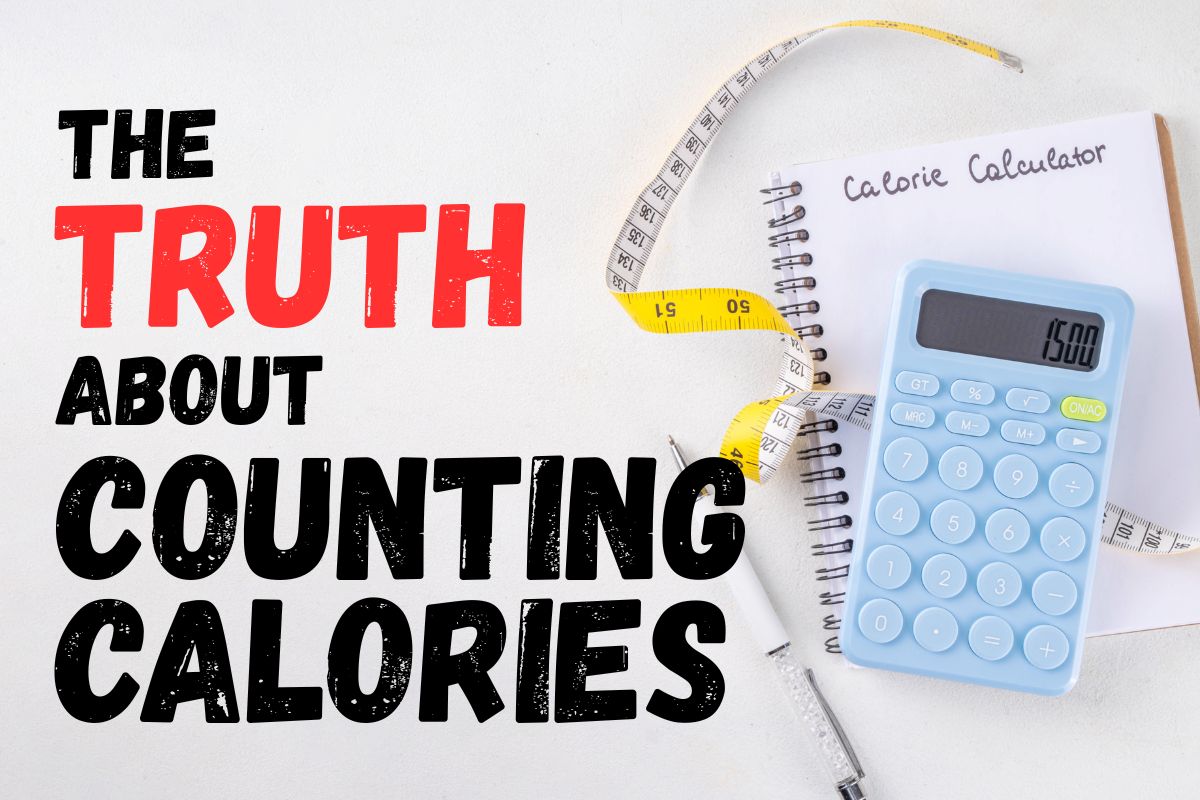
Why Calorie Counting Isn’t as Accurate as You Think
If you’ve ever tried to lose or manage weight, you’ve likely been told to “count your calories.” While this strategy can provide a general framework, the science shows that calorie counting is far from precise. From food label inaccuracies to differences in digestion, many factors make it less reliable than we might think. Let’s explore why calorie counting often falls short—and what you can do instead.

1. Food Labels Aren’t Perfect
Did you know that food labels can legally be off by up to 20% according to FDA guidelines? A food labeled as 200 calories could actually contain anywhere from 160 to 240 calories. Research published in JAMA found that restaurant and processed foods often exceed their stated calorie counts, making accurate tracking nearly impossible.

2. Cooking Changes Calories
Cooking methods can alter the calorie content of foods. For example, grilling or frying adds calories from oils, while cooking starches like rice or pasta makes them easier to digest. Studies in the American Journal of Clinical Nutrition demonstrate that cooking increases the calories your body absorbs from many foods.

3. Digestion Varies by Person and Food Type
Your body doesn’t absorb all calories equally. Research published in the American Journal of Clinical Nutrition revealed that whole foods like almonds are less efficiently digested than processed foods, meaning fewer calories are absorbed. Factors like gut bacteria and digestive efficiency also play a role in how much energy your body extracts from food.

4. The Energy Cost of Digestion
Digesting food burns calories too! According to research in the American Journal of Clinical Nutrition, protein has the highest thermic effect (~20–30%), meaning you burn more calories digesting it compared to carbs (~5–10%) or fats (~0–3%). Standard calorie counting methods don’t account for these variations.

5. Human Error in Tracking
Even the most diligent trackers underestimate portion sizes or forget snacks. A revealing study published in the New England Journal of Medicine found that non-professionals underreport their intake by an average of 429 calories per day—a significant margin of error.
A Smarter Approach to Health

While calorie counting has its place, focusing solely on numbers can be frustrating and misleading. Instead:
- Prioritize nutrient-dense whole foods.
- Use visual portion guides like the plate method.
- Practice mindful eating by tuning into hunger and fullness cues.
- Incorporate strength training and regular movement to support metabolism and overall health.
These strategies are not only more sustainable but also help you build a healthier relationship with food—no calculator required!
Want to know more about today’s topic? Do you have a suggestion for future posts? Leave a comment below – I’d love to hear from you!



0 Comments